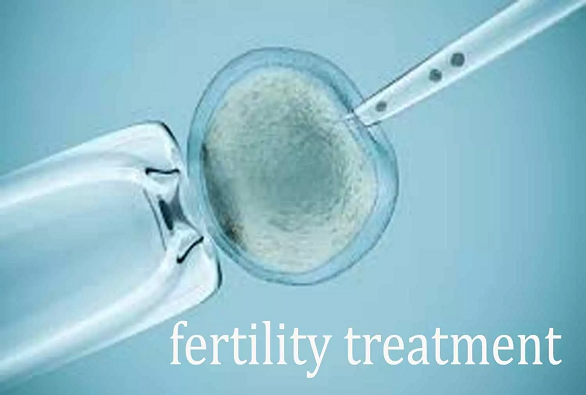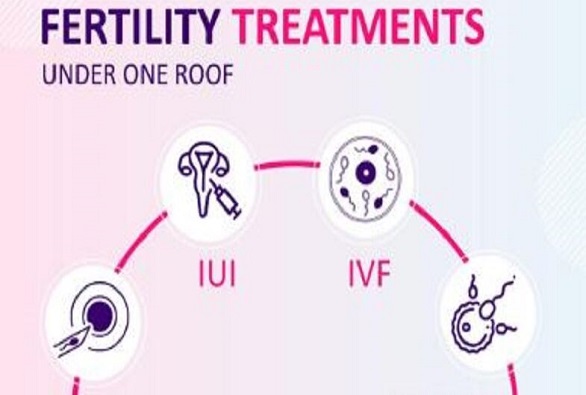

Fertility treatments are medical interventions to help with conception, ranging from medication and surgery to advanced procedures like In Vitro Fertilization (IVF) and Intracytoplasmic Sperm Injection (ICSI). Treatments are often tailored to the specific cause of infertility, which can involve hormonal issues, structural problems, or ovulation difficulties. Less invasive options include fertility drugs to promote ovulation and Intrauterine Insemination (IUI), where sperm is directly placed in the uterus. More complex treatments like IVF combine medical procedures with specialized laboratory work, where an egg is fertilized by sperm outside the body before being implanted in the uterus.



• Achieving parenthood :
Fertility is the ability to conceive a child and is essential for those who want to start or grow a family..
• Family planning and control :
Understanding your own fertility and menstrual cycle allows you to make informed decisions about when to attempt or avoid pregnancy, giving you more control over your life and family planning.
• Fertility preservation:
For those facing medical treatments like chemotherapy or wanting to delay parenthood, fertility treatments allow for the freezing of eggs, sperm, or embryos for future use.
• Emotional well-being :
For individuals or couples who have faced challenges with infertility, successfully achieving pregnancy can bring immense joy, relief, and a positive impact on emotional health.
• Reproductive health indicator:
Ovulation in women can be seen as a sign of general good health. Recognizing one's fertility patterns can help in the early detection of underlying health issues, such as endocrine or metabolic disorders.